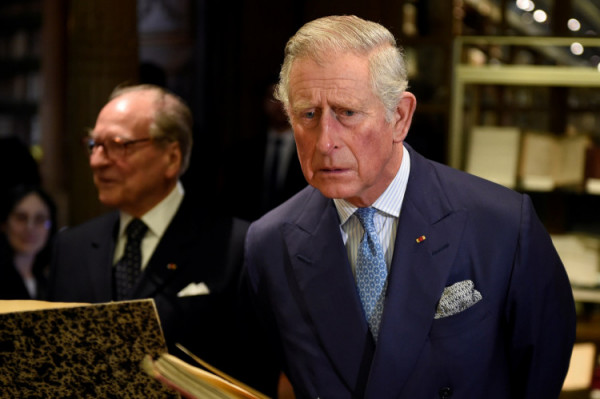King Charles Holds Secret Power Over Grandchildren's Marriages

King Charles III, the reigning monarch of the United Kingdom, possesses a rarely discussed but significant power: the authority to approve or disapprove the future marriages of his grandchildren. This power, deeply rooted in tradition and law, ensures that those in the direct line of succession marry individuals deemed "suitable" by the Crown.
The Succession to the Crown Act 2013, which came into effect in 2015, requires the first six individuals in the line of succession to obtain the monarch's permission to marry if they wish to remain in the line of succession. This means King Charles has the final say on the future marriages of Prince George, Princess Charlotte, Prince Louis, and Archie. Interestingly, this law does not apply to Prince Harry and Meghan Markle's daughter, Lilibet, who is seventh in line to the throne.
While this law may seem stringent, it is a softened version of a more stringent rule, The Royal Marriages Act 1772. The previous law mandated that all members of the royal family, even those far down the line of succession, could not marry before the age of 25 without the monarch's consent. This act was established to ensure that all royal marriages aligned with the interests of the state and the monarchy.
The modernization of these laws reflects a more contemporary approach to royal relationships, especially with the acceptance of "commoners" into the royal family. Kate Middleton, now the Princess of Wales, is a prime example of this shift. Despite these modernizations, the essence of the law remains, allowing the monarch to influence the marital choices of those directly in line to the throne.
Prince Harry, in his 2023 memoir "Spare," shared his personal experience of seeking Queen Elizabeth II's consent when he decided to marry Meghan Markle in 2017. According to Harry, the moment was both nerve-wracking and formal. He recalled, "I saw her waiting for me to speak, and not waiting patiently. Her face radiated: 'Out with it.' I coughed. 'Granny, you know I love Meg very much, and I've decided that I would like to ask her to marry me, and I've been told that, er, that I have to ask your permission before I can propose.'"
The Queen's response was characteristically direct yet supportive: "'You have to?' 'Um. Well, yes, that's what your staff told me, and my staff as well. That I have to ask your permission.' I stood completely still, as motionless as the birds in my hands. I stared at her face, but it was unreadable. At last, she replied, 'Well, then, I suppose I have to say yes.'"
This anecdote highlights the blend of formality and personal interaction that characterizes the royal family's internal dynamics. It also underscores the significant, albeit behind-the-scenes, role the monarch plays in shaping the future of the royal lineage.
As King Charles assumes his role, his influence over the personal lives of his grandchildren will undoubtedly be watched closely. While the modern royal family navigates the balance between tradition and contemporary values, the monarch's approval of marriages will remain a critical aspect of ensuring the continuity and stability of the House of Windsor.













